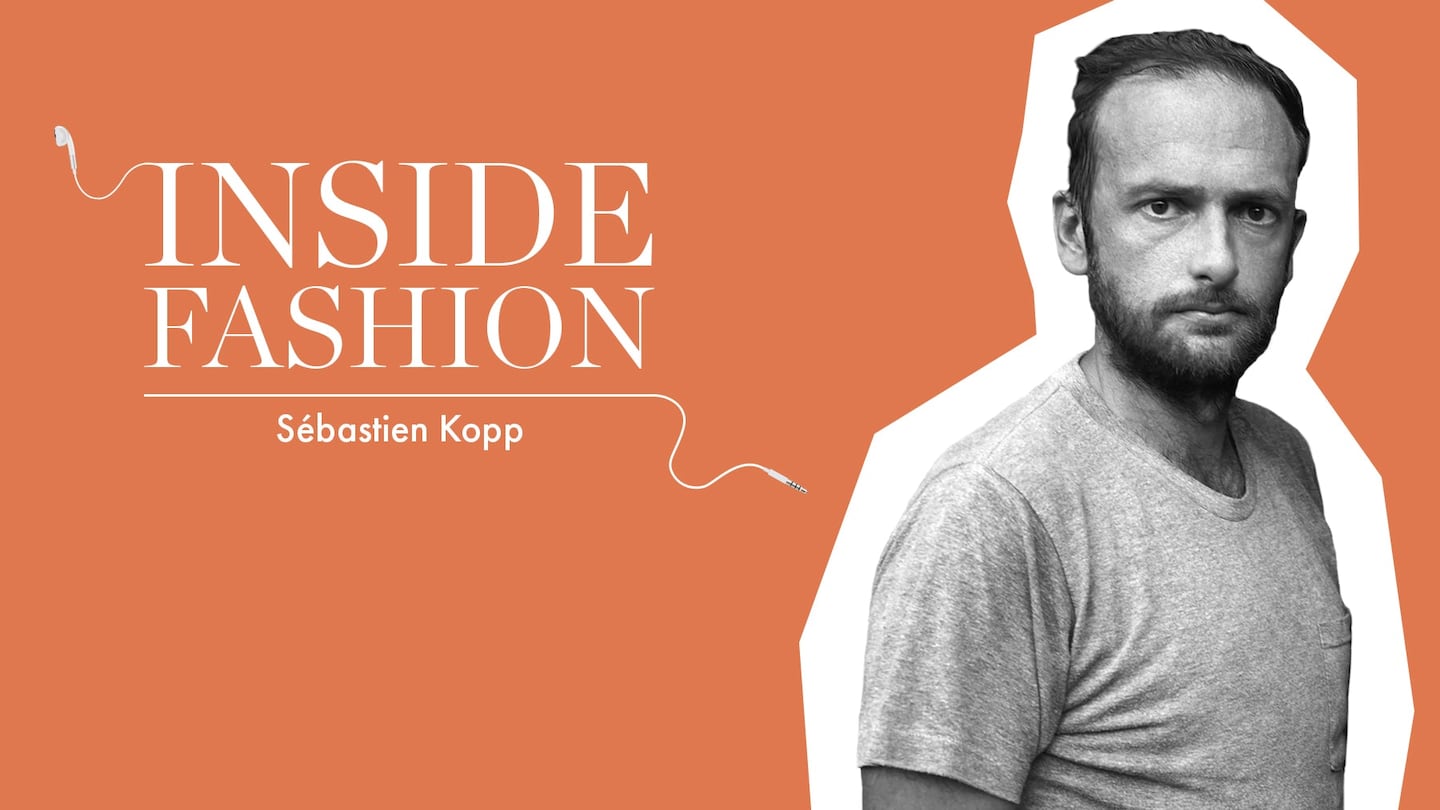
The Business of Fashion
Agenda-setting intelligence, analysis and advice for the global fashion community.

Agenda-setting intelligence, analysis and advice for the global fashion community.

To subscribe to the BoF Podcast, please follow this link.
PARIS, France — The story behind sustainable sneaker brand Veja begins in 2004, with two French 20-somethings who had "nothing to do with fashion."
Sébastien Kopp and François-Ghislain Morillion, who had known each other since high school, were both working in US cities before leaving their jobs in banking to pursue projects they found more fulfilling. "We didn't like to be a small piece of a big thing that was heading nowhere," says Kopp.
The duo went on to found an NGO that audited French companies' supply chains for their attention to environmental and socioeconomic justice, but quickly became frustrated with the lack of genuine, sustained action being taken by the big corporations they worked with.
Recognising the power companies have to effect the material change, but also keen to not make sustainability an afterthought, at just 25 years old they decided create a line of responsibly sourced and produced sneakers.
But why sneakers? "It was a product we grew up with, a product of our generation," says Kopp, but most of all "it was a product we loved." As well as being a cultural signifier, he notes, the humble sneaker also symbolises the injustice and exploitation of an increasingly globalised garment industry.
Launched in March 2005, Veja's sell-out first collection of 4,500 pairs of sneakers were the result of months-long trips to Brazil, where everything from cotton and rubber to the manufacturing itself was sourced. In 2018, Veja counted 1 million shoe sales, but the last 15 years of growth are the result of careful expansion contingent on fair-trade principles maintained with its suppliers.
"This rhythm [of growth] was human, that way you can avoid a lot of obstacles," says Kopp, citing his youth when Veja was in its nascent stages. "Now I'm 40 years old and I'm still not sure I'm ready."
Subscribe to BoF Professional for unlimited access to BoF articles, plus exclusive benefits for members. For a limited time, enjoy a 25 percent discount on the first year of an annual membership, exclusively for podcast listeners. Simply, click here: http://bit.ly/2KoRRBH, select the Annual Package and use code PODCAST2019 at the checkout.
To contact The Business of Fashion with comments, questions, or speaker ideas please e-mail podcast@businessoffashion.com.
The fashion industry continues to advance voluntary and unlikely solutions to its plastic problem. Only higher prices will flip the script, writes Kenneth P. Pucker.
The outerwear company is set to start selling wetsuits made in part by harvesting materials from old ones.
Companies like Hermès, Kering and LVMH say they have spent millions to ensure they are sourcing crocodile and snakeskin leathers responsibly. But critics say incidents like the recent smuggling conviction of designer Nancy Gonzalez show loopholes persist despite tightening controls.
Europe’s Parliament has signed off rules that will make brands more accountable for what happens in their supply chains, ban products made with forced labour and set new environmental standards for the design and disposal of products.